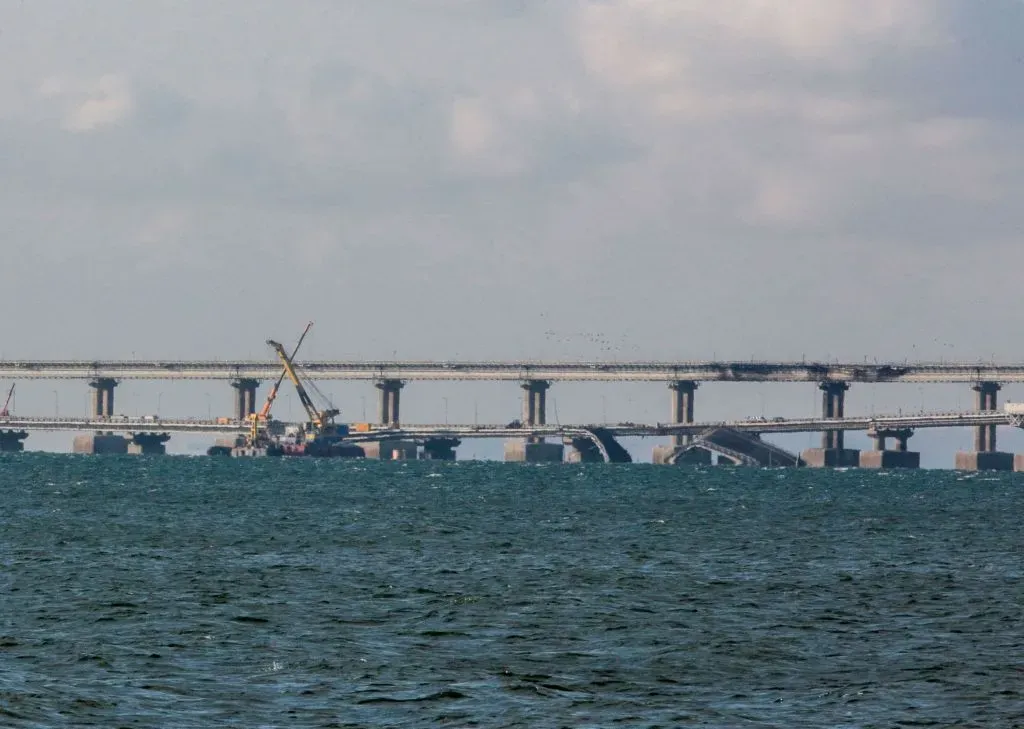Top Orban aide sparks outrage by calling Ukraine's resistance to Russia's full-scale invasion 'irresponsible'

A top aide of Hungary's Prime Minister Viktor Orban has criticized Ukraine's resistance to Russia's full-scale invasion, calling it "irresponsible" and suggesting his country would have advised against fighting back if it had been asked.
Balazs Orban – no relation to the prime minister – made the comments when discussing Hungary's anti-Soviet uprising in 1956 which was brutally put down by the Red Army.
"Considering 1956, we would have probably not done what President Zelensky did 2.5 years ago, as it is irresponsible, as we can see that he led his country into a defensive war, many lives were lost and territories lost," he said in an interview published Sept. 26.
"Let me say again, it is (Ukraine's) right and sovereign decision... but had they asked us, we would have not recommended this, based on what happened in 1956."
In a post on Facebook, Hungary's leading opposition figure Peter Magyar said the aide "has no place in public life after his scandalous and traitorous comments."
Speaking on national radio on Sept. 27, in comments reported by Reuters, Orban claimed his aide's words were an error and emphasized that people should speak "very carefully and clearly" on such matters.
"Now my political director made an ambiguous statement which is a mistake, as our community stands on the basis of the 1956 revolution has grown from it," he said.
Hungary is widely regarded as a key ally of Russia in the EU.
Orban has repeatedly blocked aid to Ukraine, pushed for negotiations, and frequently spouted Kremlin talking points. Hungary has also condemned the war but has refused to supply Ukraine with weapons.
Since taking the presidency of the European Commission in July, Orban has amped up attempts to stand as a negotiator between Moscow and Kyiv.
In July, he embarked on a “peace tour” and met with Russian dictator Putin, Chinese leader Xi Jinping, and Republican presidential nominee Donald Trump.
Orban's visits sparked criticism from the EU and President Volodymyr Zelensky. The latter said that NATO and the EU can resolve the war without Orban.
In early July, Hungary quietly changed the rules for its National Card program to allow Russian and Belarusian "guest workers" to enter the country in a streamlined visa-acquisition process that does away with enhanced security checks or other restrictions.
In response to the policy change, European parliamentarians published a letter urging parliament to reconsider Hungary's Schengen membership.
Earlier on Aug. 22, Ukrainian refugees from southwestern Zakarpattia Oblast began being evicted from shelters in Hungary after the government passed a decree to restrict housing assistance for Ukrainians fleeing their country.











